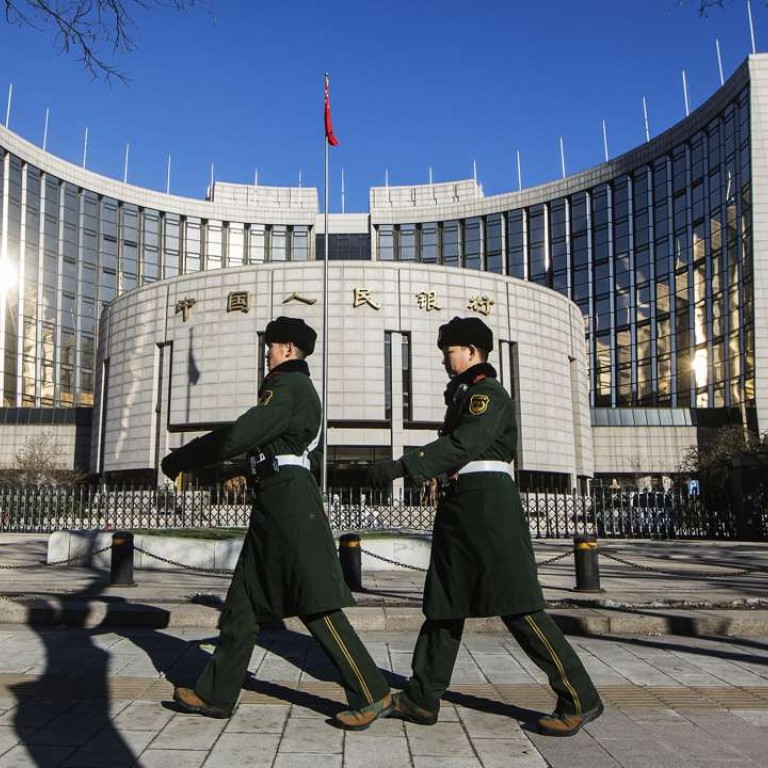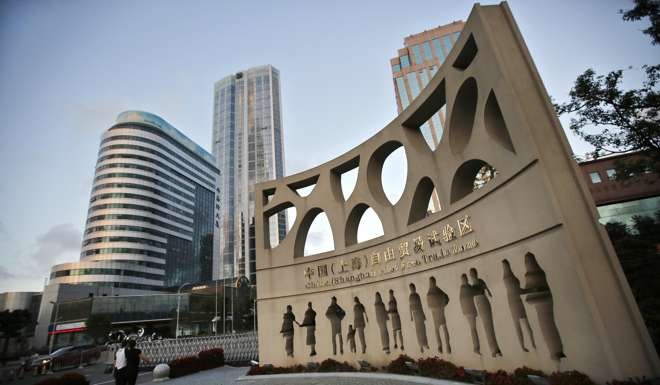
China’s central bank to crack down on capital flight in Shanghai free trade zone reform drive
China’s central bank will crack down on capital flight and closely monitor abnormal capital flows as it pushes financial reforms in Shanghai’s free trade zone (FTZ), a senior official said yesterday.
Shanghai will strive to expand net money inflows through FTZ accounts, with many Chinese banks offering incentives to individuals and companies to convert US dollars into yuan.
Zhang Xin, deputy head of the People’s Bank of China (PBOC) Shanghai headquarters, told a news conference on Wednesday that the central bank would step up anti-money laundering efforts, and “under the current circumstances, will strengthen crackdowns on foreign currency flight and step up monitoring abnormal capital flows”.
The yuan has lost more than 3 per cent of its value against the dollar since the end of September, pushed down by a resurgent dollar that has gained further strength since the surprise election success of US President-elect Donald Trump.
In a report on Tuesday, Capital Economics estimated that capital outflows in October were the largest since January, and posed a threat to China’s exchange rate regime.

As part of the measures to lure inflows, many Chinese lenders have been offering “preferential policies” to buyers of the Chinese currency, Zhou Hehua, vice president of the Bank of China’s Shanghai branch, said on the sidelines of the PBOC’s news conference.
The Shanghai FTZ was launched in 2013 to promote international trade and cross-border investment, but three years later the city government is trying to balance efforts to accelerate financial reforms in the zone while preventing capital outflows.
On Wednesday, the government announced a series of reform measures in the FTZ to encourage innovation and cross-border investment. These included allowing private equity funds and projects in the FTZ to raise capital in the zone as well as overseas, and use the proceeds for cross-border investments.
The measures included allowing private equity funds and projects in the FTZ to raise capital in the zone as well as overseas, and use the proceeds for cross-border investments.
In addition, multinational firms will be allowed to set up onshore cross-border yuan capital pools using Shanghai FTZ accounts to manage yuan holdings globally.
Zhou said that regulators would like to see an equilibrium between money inflows and outflows in the zone, which would be good for China’s financial stability.
At this stage, “banks would encourage inflows more, and compared with foreign exchange purchases, we would provide better terms to forex sales, regarding preferential policies”, Zhou said.

